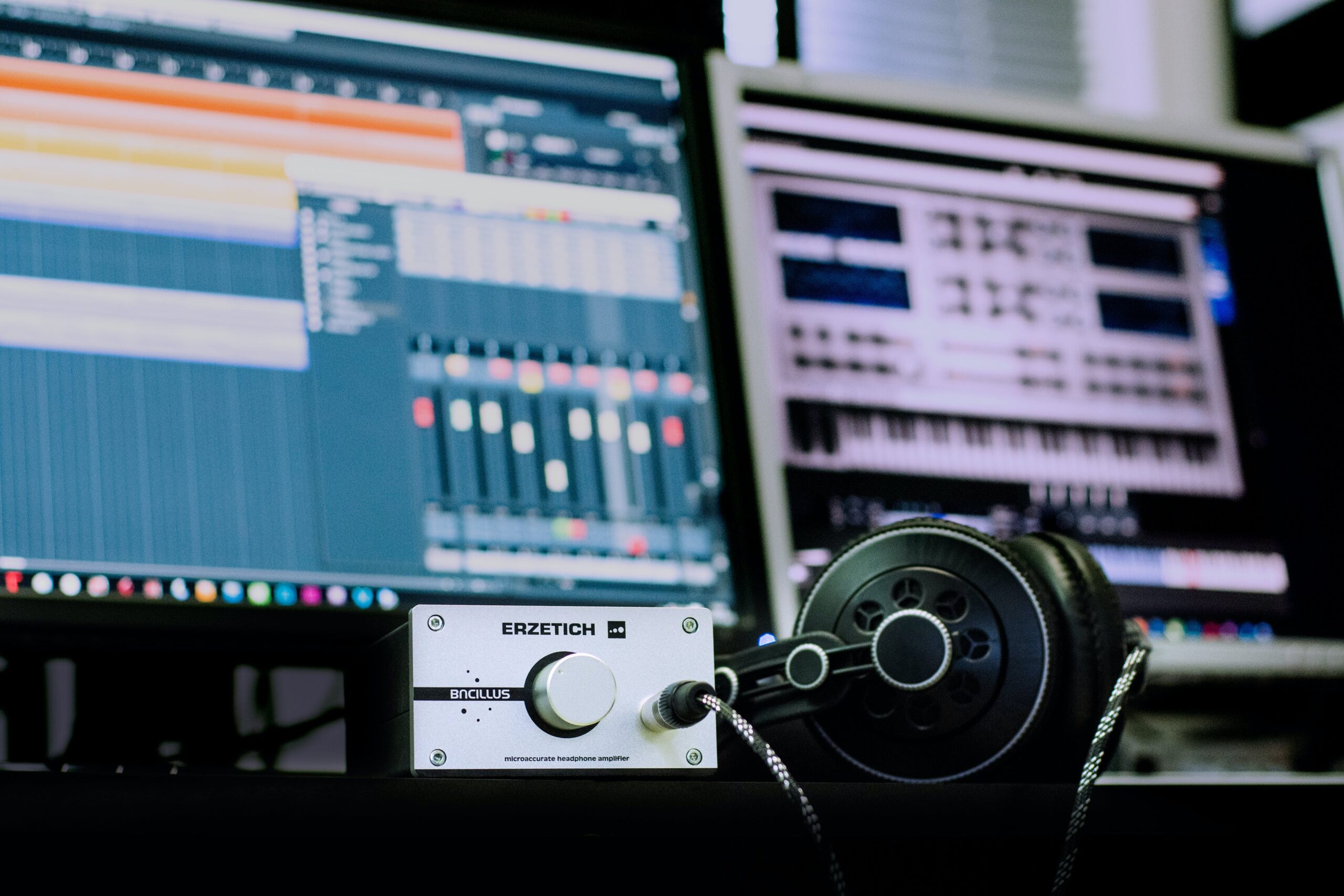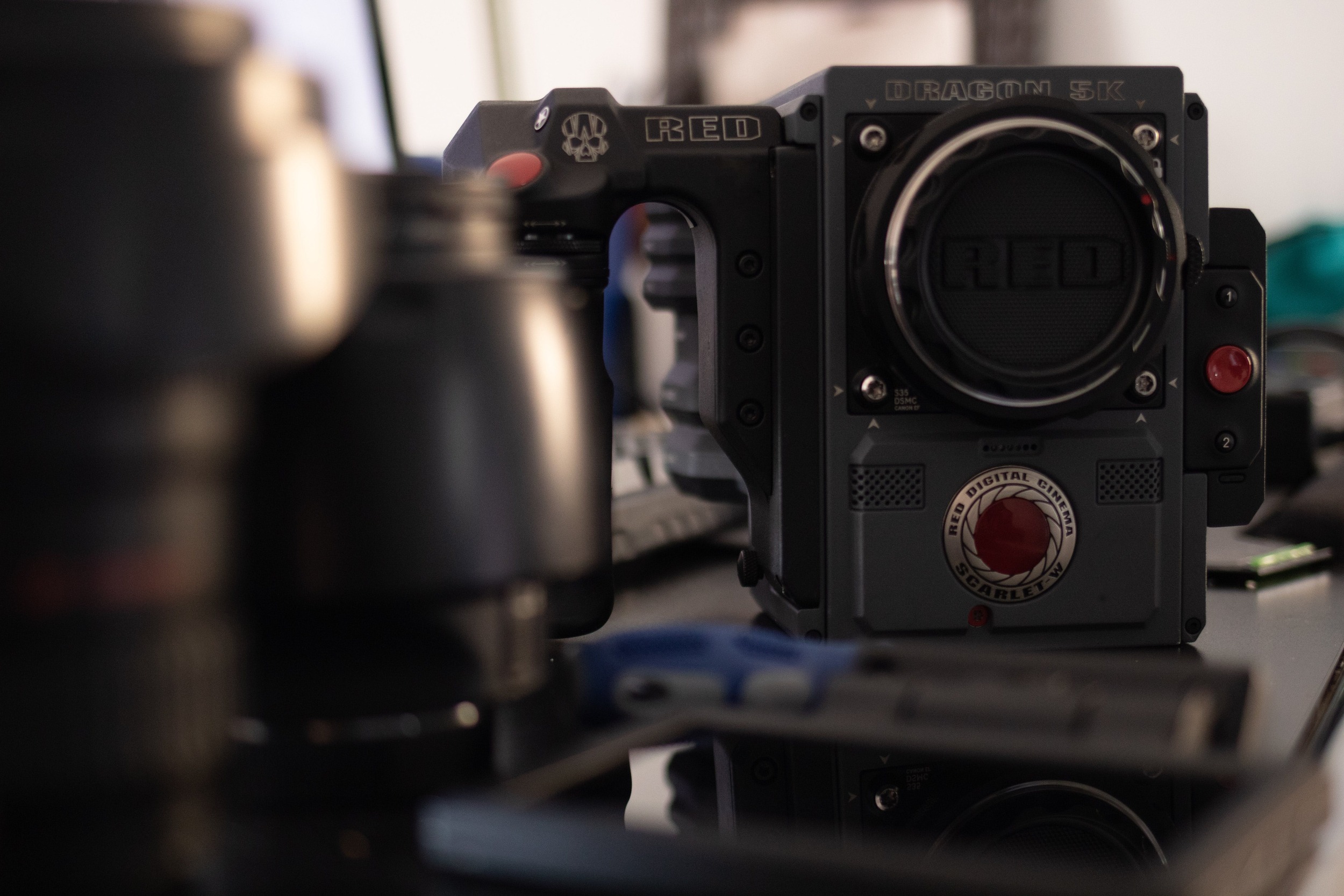Looking for how to access class recordings?
Audio/Video Recording of Classes
Class and event audio and video recordings are the intellectual property of Loyola Law School and the speaker/professors.
Please be aware that by attending any event, class, or activity on the LMU Loyola Law School campus, you consent to being recorded. Recordings may be used for educational or archival purposes by the Law School.
Recordings may only be used by authorized, registered students who have access through a course home page or have been given explicit permission by a professor, such as through approval on the Class Recordings App.
Class recordings may not be captured, saved, edited, or duplicated using other tools that facilitate downloading, screen capture, AI capture assistants, or using mobile device cameras/software.
Sharing of recordings with others who are not authorized (inside or outside the school) or storing recordings past the duration of the course for which they were requested is strictly prohibited.
Flex Days, Review Sessions, Make Up Classes
Class meetings that take place outside the regular schedule are not automatically recorded. A request must be submitted by the professor or Faculty Support to the Instructional Technology Department to schedule the recording. Please submit these requests at least 14 days prior to the session taking place, especially for sessions on days the department is closed, e.g. weekends and holidays. This is to ensure compliance with staffing policies.
These special recordings will be made available through the official course home page of the class requested per the professor’s selected release policy.
Availability – Release Policies
Professors decide on how they want to make their class recordings available.
To view the different policies, please view our Classroom Policy page below:
Official Class Recordings
Official Class Audio Recordings
The Instructional Technology Department audio records all courses listed by the Office of the Registrar.
To accommodate, all classrooms and seminar rooms are audio recorded Monday through Friday, 8am-11pm. However, access to course audio recordings is not automatic.
Official Class Video Recordings
Some professors may choose to have their courses video captured.
If so, recordings will be released in accordance with the professors’ chosen recording release policy as described in the section titled Availability – Release Policies section above.
Special Situations & Requests
If a student experiences a serious illness , family emergency, or has an absence to observe a religious holiday, they may contact the professor to request that the class recordings be made available, regardless of the professor’s original policy. If the professor is unavailable, the student may contact the Office of Student Affairs.
In addition, some professors require that a student receive verification and approval from the Office of Student Affairs before the professors will permit recording of a class be released due to an absence or other unforeseen circumstances.
If a student feels that they have a disability for which a class recording is an appropriate accommodation, the student should contact the Office of Student Affairs to discuss their situation. The Office of Student Affairs can advise the student regarding the accommodation request procedure .
Personal Class Recordings
Students must obtain explicit permission from the professor of the class or a guest speaker in class before creating a personal recording (video or audio) of the class.
It is generally assumed by professors that the official class recordings are the only recordings being created for the course, so explicit permission to create a personal recording must be obtained and documented. Let the professor know how the recording will be created, how the recording will be used and stored, and how the recording will be destroyed at the end of the class. (E.g., some note-taking applications allow for audio recordings)
If a student is granted permission to create their own recordings, they must provide their own video or audio recording equipment.



